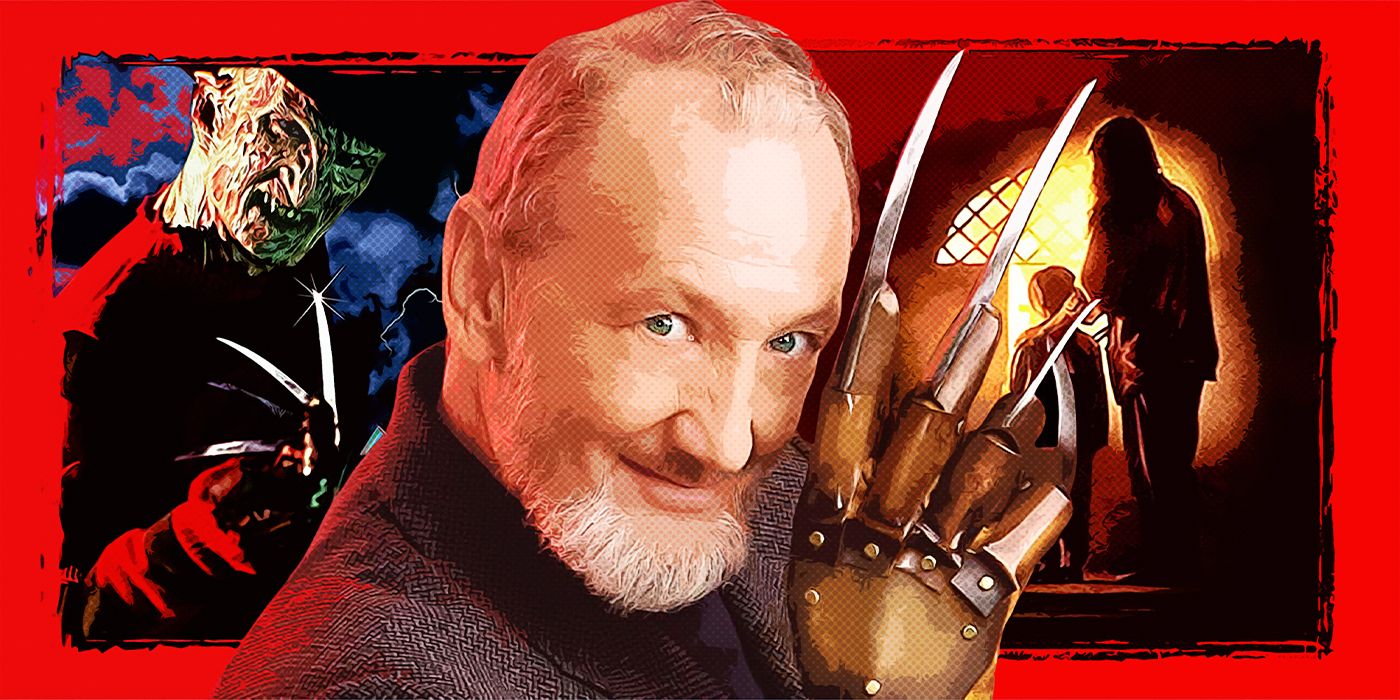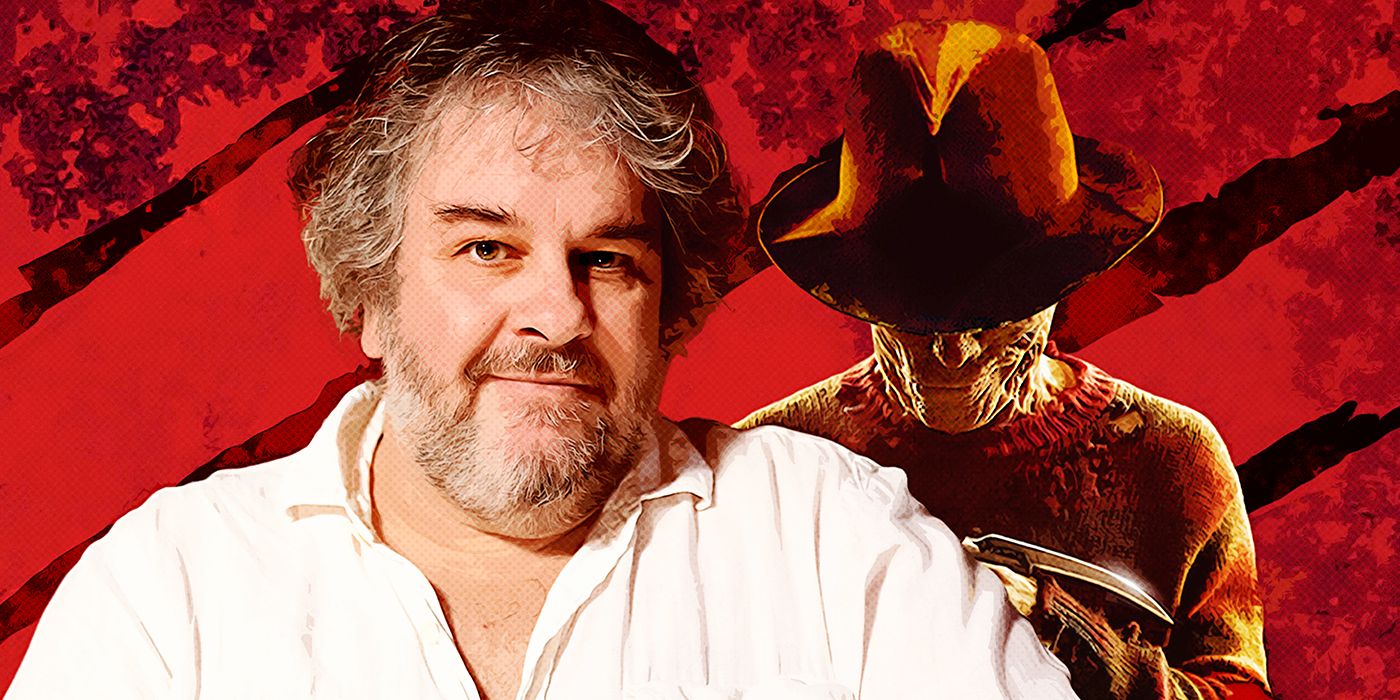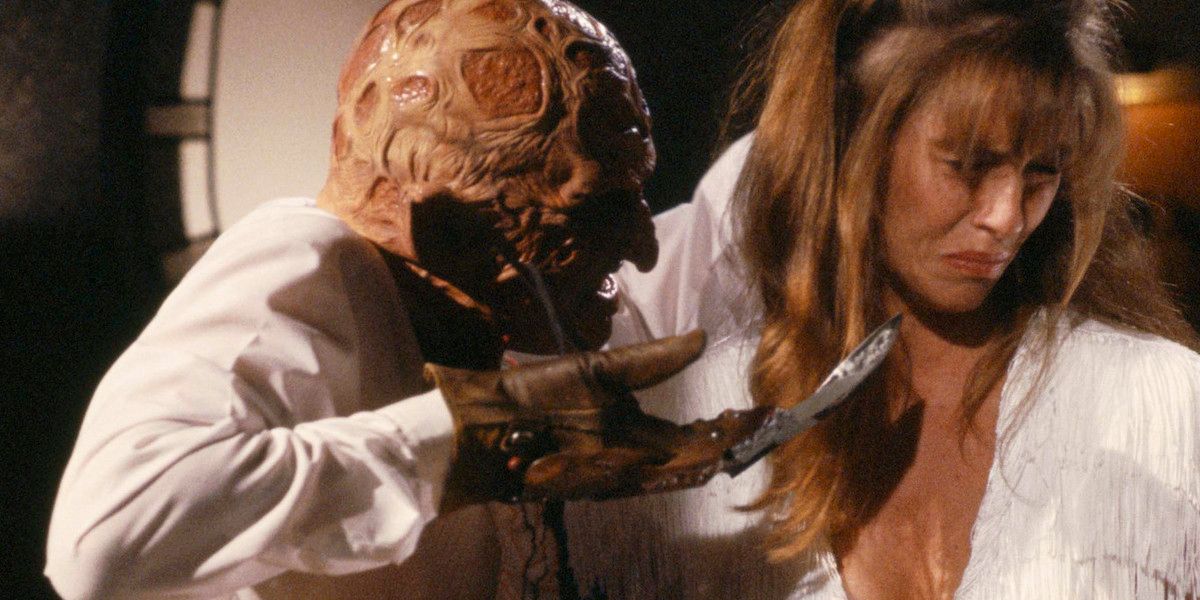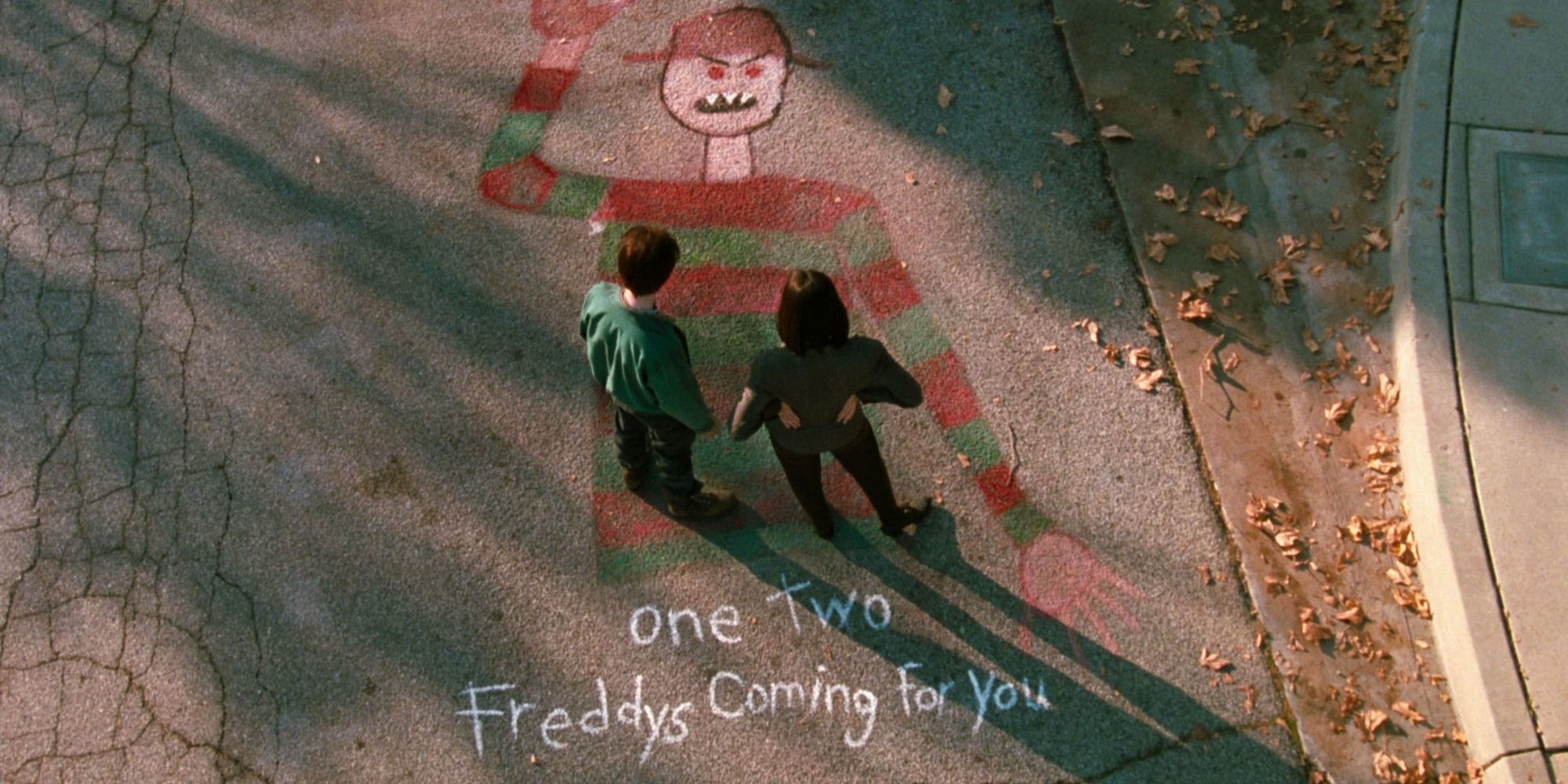The Big Picture
- Freddy's Dead: The Final Nightmare failed to restore Freddy Krueger to his former terrifying glory, and instead followed the pattern of progressively worse sequels.
- Peter Jackson's pitch for A Nightmare on Elm Street 6: Dream Lover would have brought new life to the franchise, with a brilliant concept that delves deeper into the dream world.
- Although Peter Jackson's script wasn't selected, his positive interaction with New Line helped pave the way for the Lord of the Rings trilogy, and Wes Craven's New Nightmare gave us a taste of what could have been with Dream Lover.
Freddy’s Dead: The Final Nightmare is the official fifth sequel in the Nightmare on Elm Street franchise, one meant to send the dream reaper off in grand fashion. It didn't. Instead, it followed the pattern of progressively worse sequels and did nothing to bring Freddy Krueger (Robert Englund) back to the horrific, fear-inducing monster of the first film. It should have been better. And it very nearly was.
After the poor reception to A Nightmare on Elm Street 5: The Dream Child, New Line Cinema approached a number of writers to draft a fifth sequel, one that would close out the franchise on a high. One name stands out, one that would eventually end up making billions for New Line with an epic saga about a young Hobbit and the One Ring: Peter Jackson. Jackson was a relative unknown at the time in the U.S. with only two directing credits to his name, Bad Taste and Meet the Feebles, both no-budget releases in his native New Zealand. But the studio liked Jackson's vision, ideas, and vibrant spirit (which they would remember when approached with The Lord of the Rings) and commissioned him to write a script. He came back with A Nightmare on Elm Street 6: Dream Lover.
What Is Peter Jackson's 'Nightmare on Elm Street' Movie About?
The story would begin on a meta-take of Freddy, with the once-formidable dream murderer reduced to a joke, no longer a threat to be taken seriously, much like how the character was being recognized in the real world at the time. Freddy is now so weak and pathetic that the teens on Elm Street take sleeping pills just to go into the dream world and beat up on him just for fun. Only one teen slips up, giving Freddy the upper hand at the cost of his life. Invigorated by his first kill in ages, Freddy becomes a real threat again, inducing fear and harvesting its energy. Eventually, he gains enough power to hold a police officer hostage in the dream world (and comatose in the real world). This forces one of the lead characters, whose father is a police officer, to enter Freddy's domain, rescue his father, and finally put an end to Freddy.
Needless to say, Jackson's creativity was all over the script. The film would have ventured deeper into the dream world, where Jackson's imagination would be on full display. The concept was brilliant: Freddy would have to go back to his roots to gain power through terror and to prove that he was no longer a joke. The move would have restored Freddy to the days before his cutting wit (yes, pun intended) turned the Nightmare films into dark comedies, thereby making the character one to be feared in the outer world. The ending was just finite enough to close out the franchise, with Freddy having been restored to his former glory, but ambiguous enough that should the film have been wildly successful it could have extended Freddy's story — not only in a natural way, but as a hard reset to get the franchise back on track.
There is probably a definitive reason why Jackson's script wasn't selected, but nothing that's been stated publicly. The most likely reason is that New Line really did intend for Part 6 to be a definitive end to the series, putting a bullet to the head of the franchise to mercifully end its tired life. Jackson's script didn't deliver that finality, so New Line opted for Freddy's Dead. Even simply reading about Jackson's take, clearly superior to what we got, brings one to question what New Line could possibly have been thinking. If they had selected Jackson's script, it would have injected new life into the franchise. At worst, the public reception wouldn't warrant another sequel. At best, the film takes off, Jackson makes his presence known to the North American audience, and he is entrusted with moving the franchise forward.

Robert Englund Wasn’t Wes Craven’s First Choice for Freddy Krueger
Can you imagine someone other than Robert Englund as Freddy?What Happened After Peter Jackson Moved On From the 'Nightmare on Elm Street' Franchise?
Somehow, though, life just ends up working out in the end. Jackson's commitment to the A Nightmare on Elm Street franchise ended there, leaving him to catch the attention of a broader audience with his 1992 camp classic Braindead, aka Dead Alive, a wildly grotesque and very funny film. New Line's positive interaction with Jackson laid the groundwork for the Lord of the Rings trilogy, which would have either fallen by the wayside or arrived much later than it did had he been working on Nightmare.
The seeds of Dream Lover can be seen in Wes Craven's New Nightmare, a meta-take on the franchise and the seventh in the series, although it takes place outside the series' continuity. The film sees the very real Freddy Krueger invade the lives of the real-life actors and crew members associated with the Nightmare films, like Heather Langenkamp, who played Nancy Thompson in the first film, and Robert Englund, long associated with the franchise as Freddy Krueger. Besides the meta-commentary of the film, the "real" Freddy is closer to Wes Craven's original vision of the character, far more threatening and far less comical, with a revamped look that honors the original character while bringing something fresh to him. New Nightmare is considered the true finale to the series among the fan base, delivering what was promised with Freddy's Dead. Had Dream Lover come to fruition, it's highly unlikely that New Nightmare would have even been made, given its similarities.
After all is said and done, the legacy of Freddy Krueger remains intact. Despite having turned him into the devil's comedian in the later films, the first film remains impactful, with the picture of what he became quickly overrun by just how fearful and dangerous Freddy is in it, and the last film (New Nightmare, not Freddy vs. Jason) the perfect bookend. We may rue what we missed out on had Peter Jackson been allowed to place his stamp on the franchise, but in the end what we received overall is a dream Nightmare...



